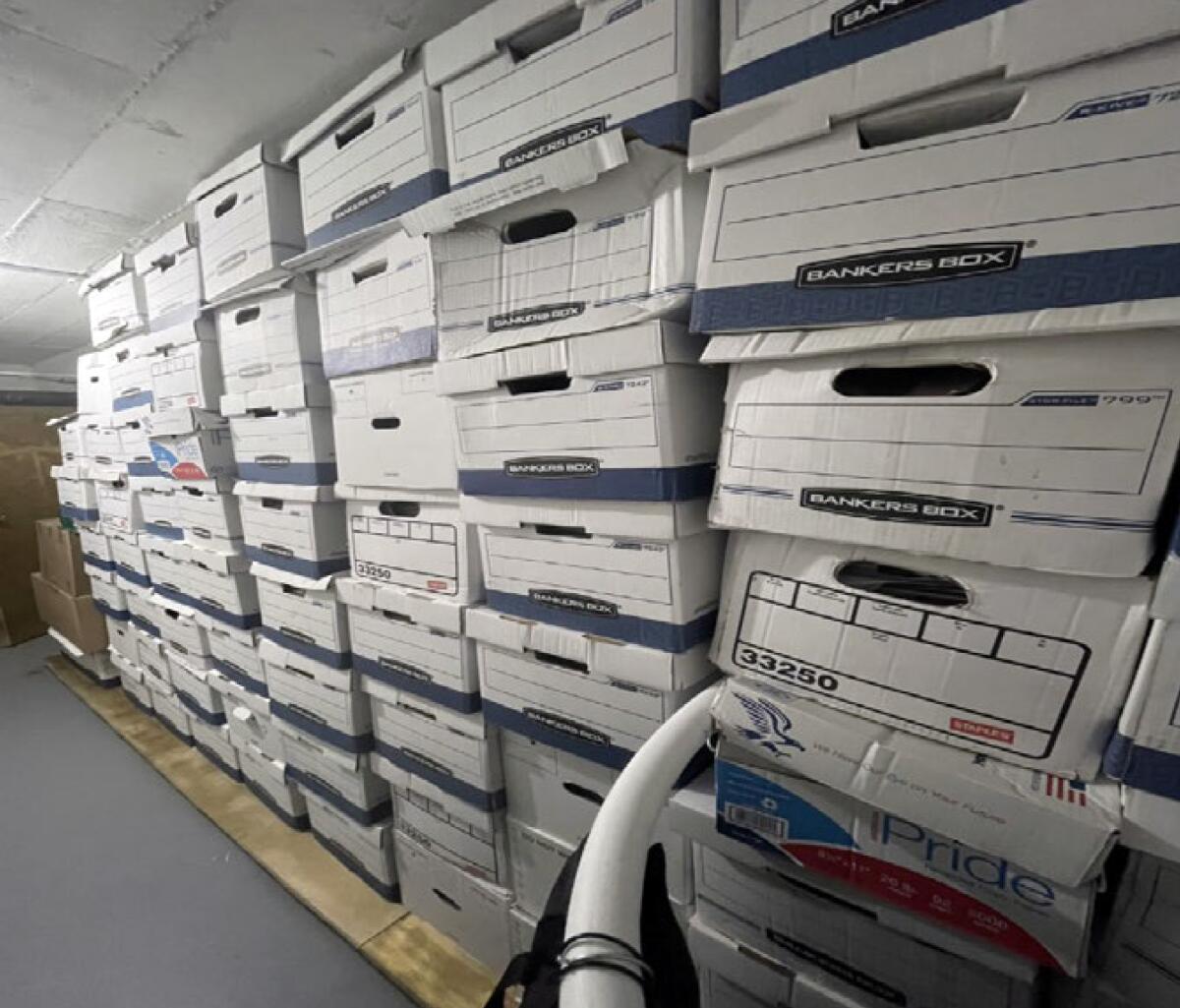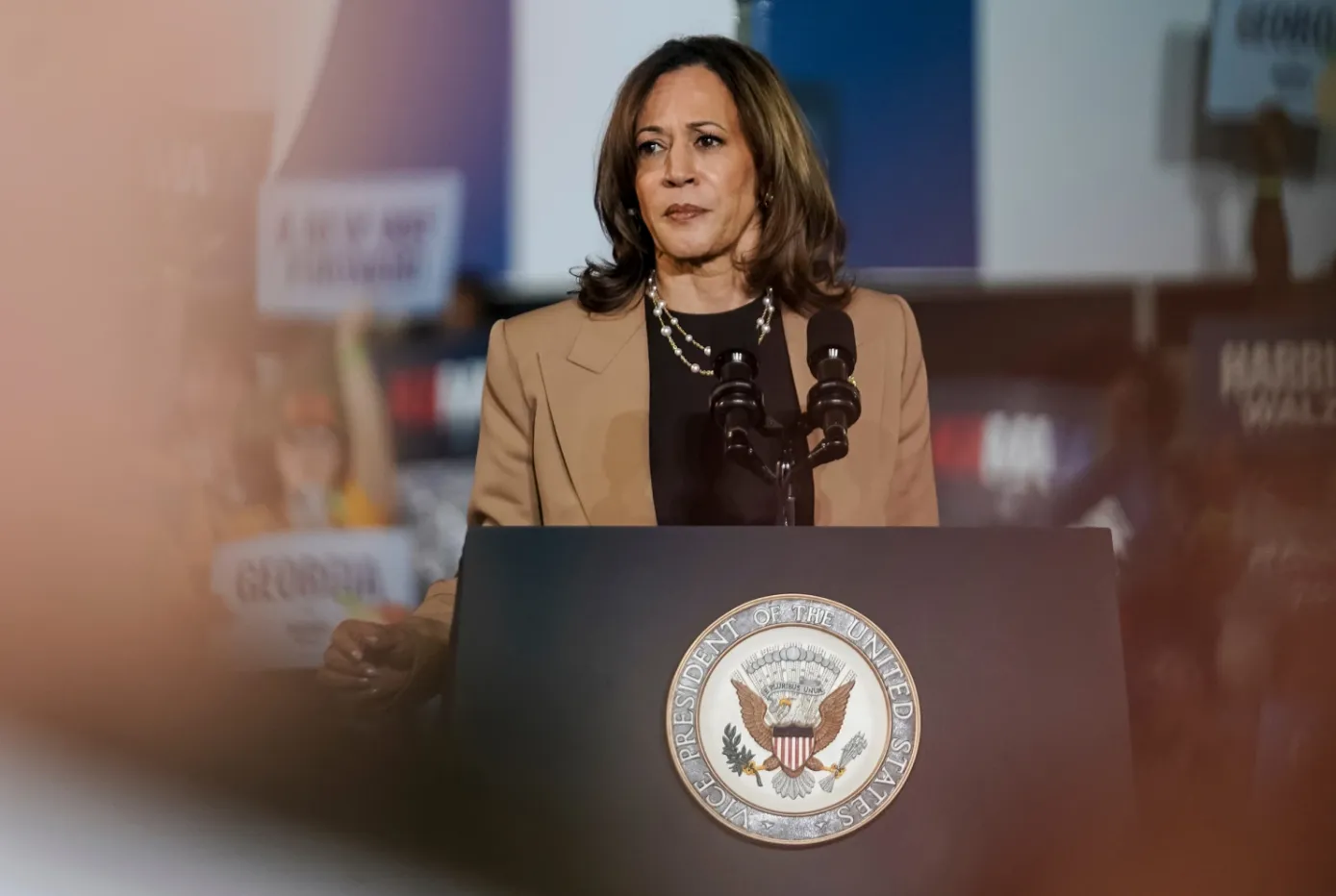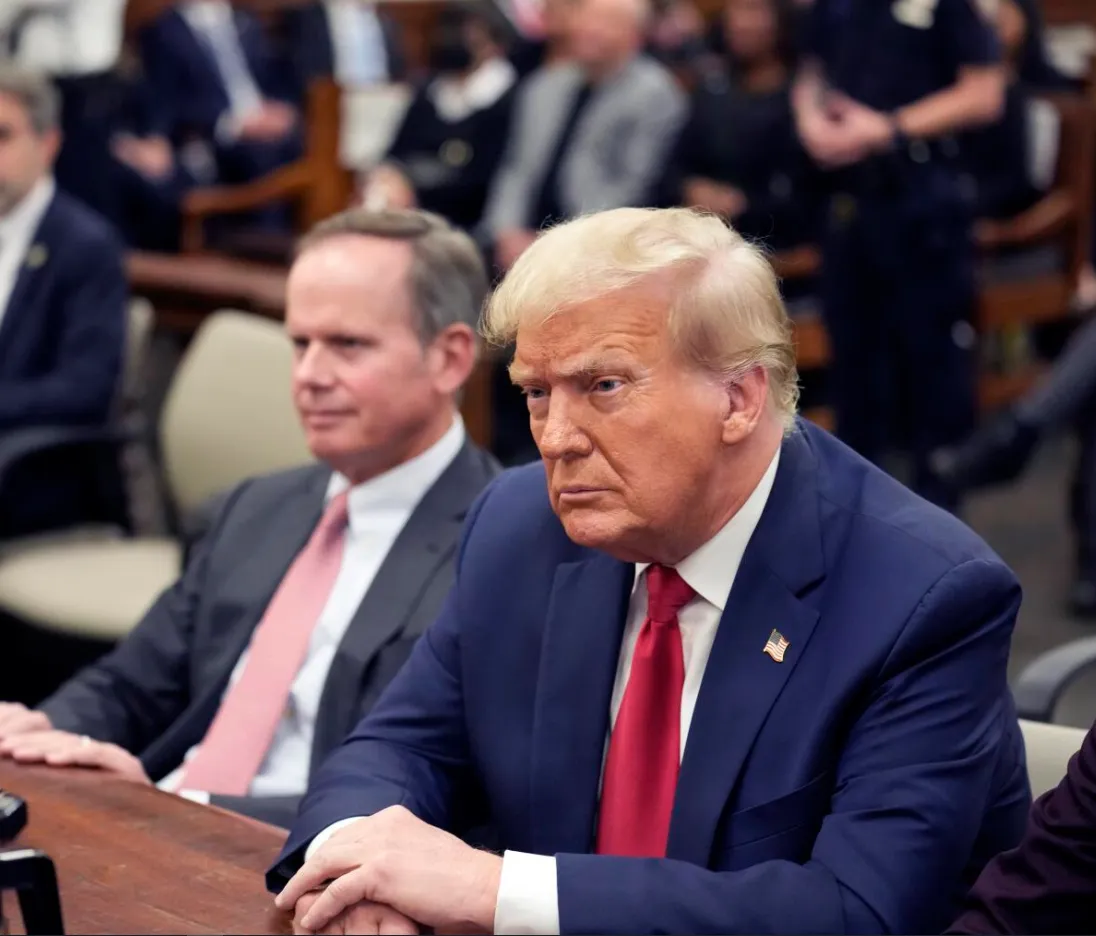
This week, former President Donald Trump has successfully claimed victory in the polls, not only securing another four years in the White House but also potentially freeing himself from the legal entanglements that have loomed over him. His renewed hold on the Oval Office could effectively safeguard him from the consequences of his pending criminal cases, while granting him unprecedented control over the nation's federal law enforcement.
"Say goodbye to all the criminal cases," commented Karen Friedman Agnifilo, the former head of the trial division at the Manhattan district attorney's office. Her words capture the sentiment that Trump's return might shield him from facing repercussions for the legal issues he's been entangled in.
Trump has consistently denied all allegations against him, labeling the charges as politically motivated. He has vowed to remove Jack Smith, the special counsel who brought two federal cases against him, "within two seconds" of regaining office. Trump has also expressed his intention to punish the prosecutors and judges who are handling his cases.
Legal experts indicate that the federal cases against Trump are likely to be dropped, and his state cases could be delayed by at least four years, putting them in an unprecedented legal limbo. These include two major federal charges: the election interference case and the classified documents case, both of which are expected to be dismissed.
"The criminal cases are over, whether it's legally or practically," added Friedman Agnifilo, describing a second Trump presidency as equivalent to a "get out of jail free card."
Here is what’s likely to happen to each of Trump's criminal cases:
New York Hush Money Case

The most immediate legal challenge Trump faces is his sentencing on November 26 for 34 felony counts of falsifying business records. These charges stem from an alleged cover-up of a hush money payment to adult film actress Stormy Daniels during the 2016 presidential election.
Defense lawyers have twice succeeded in delaying the sentencing. The first delay was secured by invoking presidential immunity, while the second delay emphasized the political implications of a pre-election sentencing. New York Judge Juan Merchan, acknowledging the unique historical nature of the case, opted to postpone the sentencing until November to ensure the verdict would be dealt with in a manner that didn’t overshadow the presidential election.
Under normal circumstances, first-time offenders convicted of falsifying business records generally avoid jail time. However, Trump's case is far from typical. Experts suggest that his repeated criminal contempt violations and his alleged influence on an election through falsified records could have led to prison time in ordinary circumstances. A survey of 14 legal experts by ABC News revealed that opinions were mixed—five anticipated prison time, two saw it as a toss-up, and seven thought incarceration was unlikely. Yet, with Trump now a sitting president, Judge Merchan’s sentencing options have been severely limited.
The November sentencing may still take place, though the new circumstances might alter Judge Merchan’s decision. According to Jeffrey Cohen, a law professor at Boston College, Merchan could opt for a lighter penalty, such as probation, or defer the sentence until Trump leaves office. Cohen notes, "A sitting president wouldn't be forced to be incarcerated while they're serving their presidency. So, theoretically, Trump could serve any sentence after his term ends." This situation might incentivize Trump to remain in office as long as possible.
Trump's legal team could further delay the sentencing through various outstanding appeals. On November 12, Judge Merchan plans to rule on Trump's motion to dismiss the case based on a Supreme Court ruling that granted presidential immunity from criminal prosecution for official acts. Even if Merchan denies this motion, Trump could immediately appeal, potentially postponing the sentencing again.
Moreover, Trump has asked the U.S. Court of Appeals for the Second Circuit to move the case to federal court, which could also prompt delays. Unlike the federal charges, for which Trump could theoretically pardon himself, the state charges will likely remain outside the reach of a presidential pardon, even if the case moves to federal court, Cohen suggests.
Federal Election Interference Case

As Trump campaigned, U.S. District Judge Tanya Chutkan has been deliberating on how to proceed with the federal election interference case. The Supreme Court's immunity ruling caused significant delays, extending the case timeline to well beyond the election. Fifteen months after Trump pled not guilty to charges of attempting to overturn the 2020 election results, the case is still pending, with key deadlines set for December.
Trump’s threats to fire Jack Smith might not even be necessary. A long-standing Justice Department policy prevents the prosecution of a sitting president. This means the case may effectively be paused if Trump returns to office. According to Pace University law professor Bennett Gershman, "They can continue what they're doing, but at the end of the day, if Trump appoints a new attorney general, they could easily dismiss the charges."
While the fate of the case is uncertain, possibilities include a final report from Smith, a clash with Congress, or a pushback from Judge Chutkan against the Justice Department's efforts to drop the charges.
Federal Classified Documents Case

After U.S. District Judge Aileen Cannon dismissed Trump's criminal case for retaining classified documents, Jack Smith appealed to reinstate it. Smith argued that Cannon's decision could jeopardize the broader workings of the Justice Department. Yet, if Trump takes office again, prosecutors may have no choice but to withdraw their appeal, securing the dismissal of the case.
If Trump loses the election, the case will still face hurdles. It needs to be reinstated by the appeals court, and Trump's legal team has been laying the groundwork for a presidential immunity defense. Smith may also need to consider whether to seek Judge Cannon's recusal from the case, but the grounds for such a move remain weak.
Fulton County Election Interference Case

Trump's state-level case in Fulton County, Georgia, involving efforts to overturn the 2020 election, has been at a standstill since June. The delay was caused by Trump's appeal to remove District Attorney Fani Willis over a perceived conflict of interest. Oral arguments on the matter are scheduled for December 6.
If Trump is reelected, his defense attorney, Steve Sadow, indicated that a trial would have to wait until after Trump leaves office. Since August 2023, Judge Scott McAfee has already dismissed five of the initial thirteen charges against Trump. After leaving office, Trump may continue to pursue delays, either by questioning Willis' qualifications or invoking presidential immunity.



